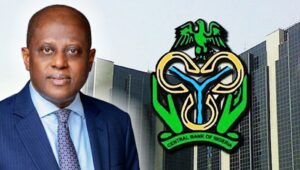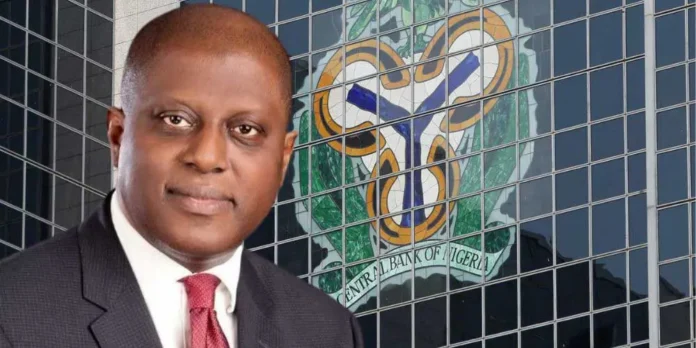Olayemi Cardoso, the Governor of the Central Bank of Nigeria (CBN), has once again pointed to the monetary policies of his predecessor, Godwin Emefiele, as a key factor in the country’s current economic difficulties.
At a press briefing following the 297th meeting of the Monetary Policy Committee (MPC) in Abuja, Cardoso announced a 50 basis point increase in the Monetary Policy Rate (MPR), raising it from 26.75% to 27.25% to combat the rising inflation rate, which currently stands at 32.15%.
Emefiele served as CBN governor from June 2014 until his suspension in June 2023. Cardoso was appointed as his successor in September 2023, with the Senate confirming his appointment shortly after. Since then, the MPC has raised interest rates by 8.5%, with the naira now trading at over ₦1,600 to $1, down from around ₦700 to $1 in September 2020.

When asked if the CBN’s monetary policies, including the interest rate hikes and changes to the foreign exchange system, are effective amid the economic hardships facing Nigerians, Cardoso attributed the situation to Emefiele’s tenure. He noted that while the economy grew by an average of 1.2% during Emefiele’s time, the money supply increased by 12.6%, creating distortions in the economy.
Cardoso explained that from 2015 to 2023, the money supply ballooned from ₦19 trillion to ₦54 trillion, largely due to short-term financing methods known as “Ways and Means,” which involved the CBN lending money to the government.
He also highlighted the impact of the global oil price collapse in 2015, emphasizing Nigeria’s reliance on oil and how this has affected foreign exchange availability.
While acknowledging the difficulties faced by many Nigerians, Cardoso asserted that the measures being taken will help stabilize the economy in the long run. He expressed confidence that these short-term challenges will lead to a more efficient economic system and encourage investors to return to Nigeria.




